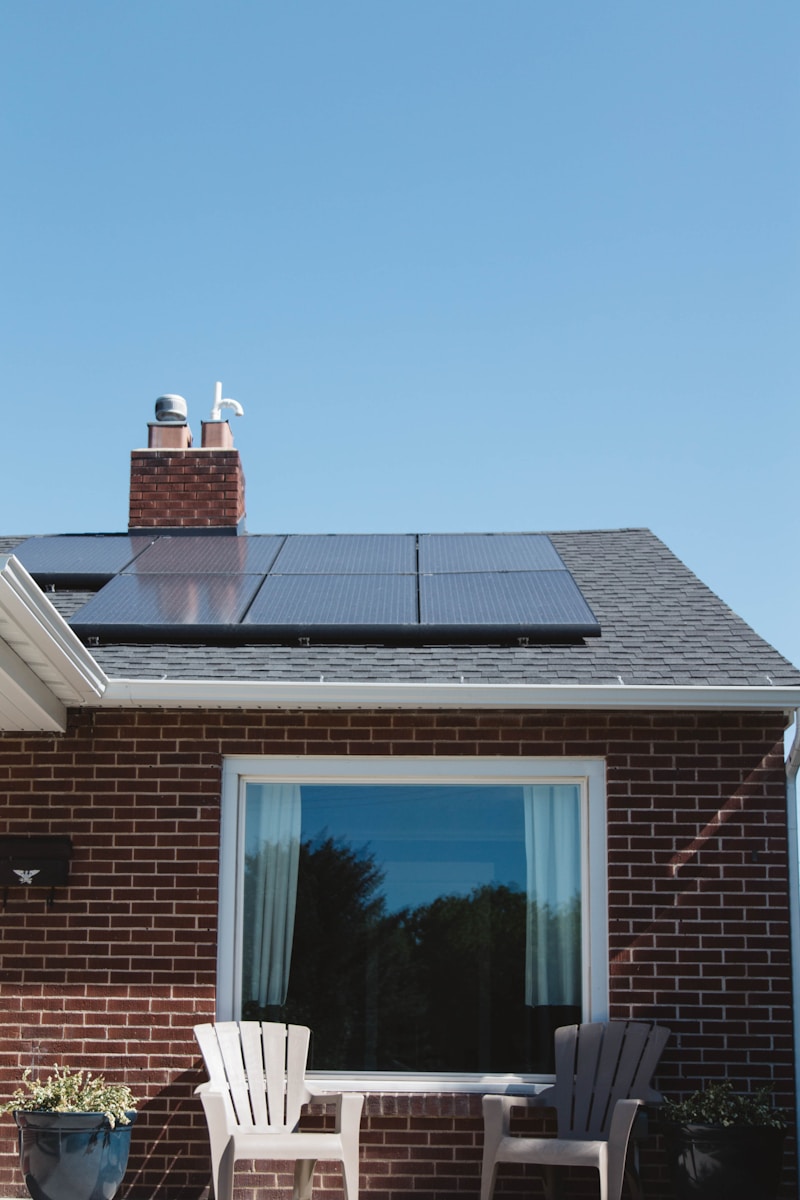The decision to rent or buy a property is a major financial and personal decision that can have significant impacts on a person’s lifestyle and future financial stability. In the Philippines, the majority of Filipinos prefer to own a home rather than rent, but this decision is influenced by various factors, including personal preferences, cultural beliefs, and economic circumstances.
According to a survey conducted by real estate website Lamudi Philippines in 2020, around 76% of Filipino respondents preferred to buy a property, while only 24% preferred to rent. The survey also revealed that the primary reason for buying a property was for long-term investment, followed by owning a permanent residence and providing security for the family.
The preference for homeownership in the Philippines can be attributed to cultural factors. Owning a home is seen as a symbol of financial stability and social status in Filipino culture. This is supported by a study conducted by the Philippine Institute for Development Studies (PIDS), which found that homeownership is considered a status symbol in the Philippines and is associated with social and economic mobility (Ledesma, 2016).
Additionally, Filipinos have a strong attachment to their families and homes, and owning a property is seen as a way to provide security and stability for future generations. A study by the International Journal of Economics, Commerce, and Management found that the Filipino culture values familial relationships and considers owning a home as a way to ensure that the family has a place to call their own (Abdulrahman et al., 2017).
Economic factors also play a role in the preference for homeownership in the Philippines. The country has experienced a steady rise in real estate prices over the past decade, which has made it an attractive investment opportunity. According to data from the Bangko Sentral ng Pilipinas (BSP), real estate prices in the Philippines increased by an average of 7.4% per year from 2010 to 2019 (BSP, 2019).
Additionally, low-interest rates and affordable housing options have made it easier for Filipinos to purchase their own homes. The BSP has implemented policies to encourage home ownership, such as the Residential Real Estate Price Index, which aims to promote transparency in real estate transactions and to prevent the formation of asset bubbles (BSP, 2020).
However, there are also advantages to renting, especially for those who are not yet ready to commit to homeownership or prefer more flexibility in their living arrangements. Renting can be more affordable in the short-term, as it does not require a large upfront payment or ongoing expenses such as maintenance and repairs.
A study conducted by the Urban Land Institute found that the preference for renting is increasing among millennials in the Philippines, as they value flexibility and mobility in their living arrangements (ULI, 2019). Additionally, the rise of co-living spaces and the sharing economy has made renting more attractive to younger Filipinos who prioritize experiences and social connections over owning a home.
In conclusion, the decision to rent or buy a property in the Philippines depends on various factors, including personal preferences, cultural beliefs, and economic circumstances. While the majority of Filipinos prefer to own a home, there is a growing trend towards renting, especially among younger generations. Regardless of the choice, it is important to carefully consider one’s financial situation and lifestyle goals before making a decision.
References:
Abdulrahman, M., Al-Attiyah, A., & Habib, R. (2017). An analysis of Filipino residential real estate market. International Journal of Economics, Commerce and Management, 5(8), 47-55.
Bangko Sentral ng Pilipinas. (2019). Residential real estate price indices. Retrieved from https://www.bsp.gov.ph/Statistics/Prices/RealE



